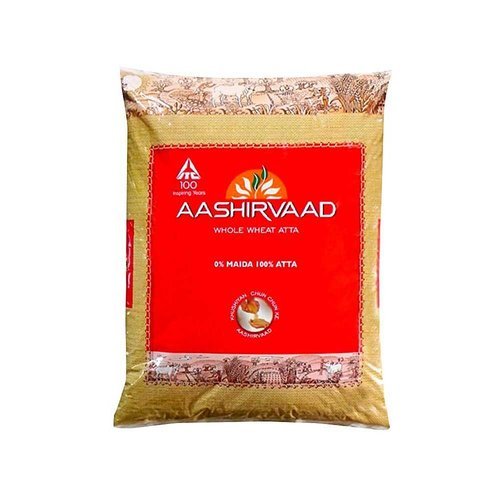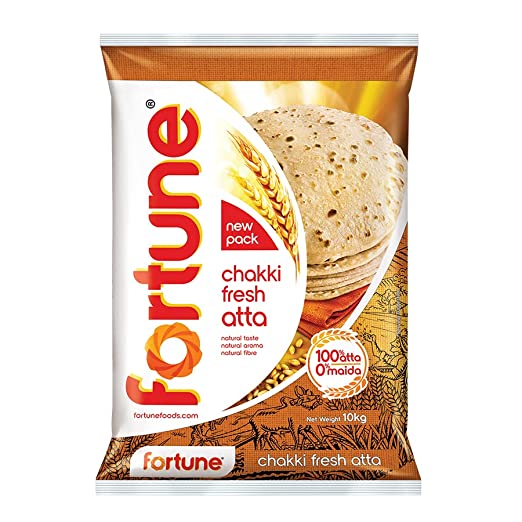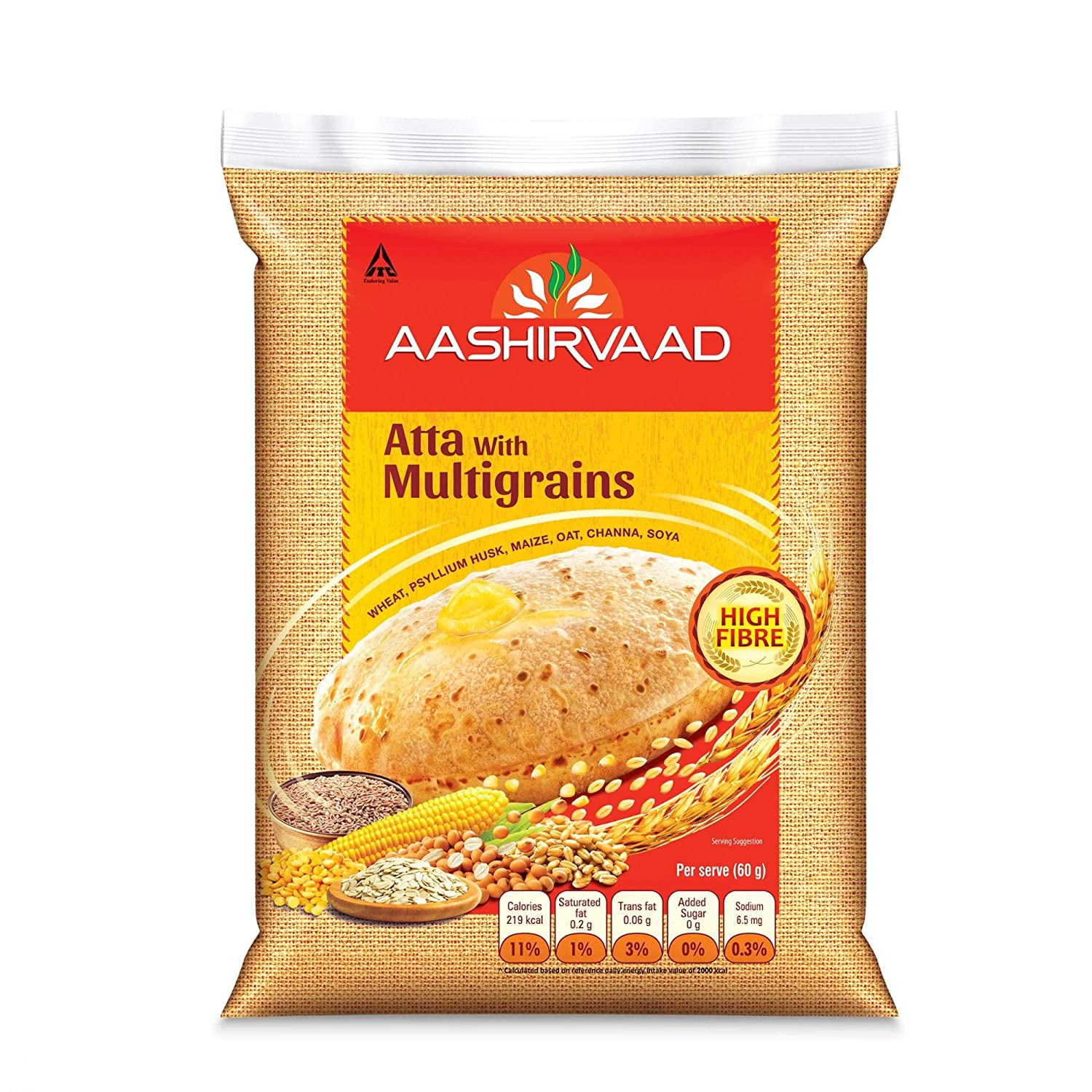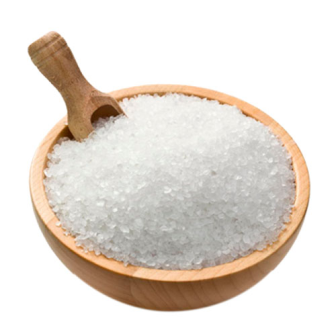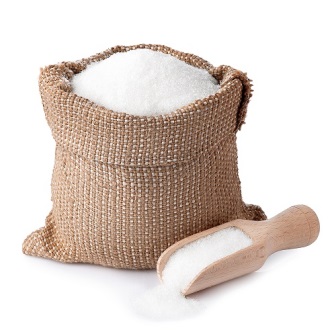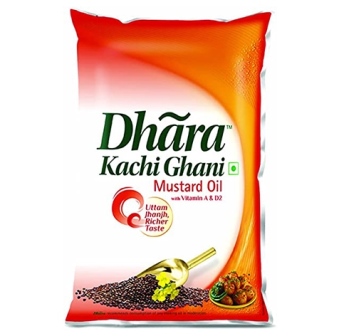

Fenugreek is used as an ingredient in spice blends and a flavoring agent in foods, beverages, and tobacco. Fenugreek extracts are also used in soaps and cosmetics. In North Africa, Asia, and southern Europe, fenugreek was traditionally used for diabetes and to increase milk supply in women who were breastfeeding.
Regular consumption of fenugreek seeds helps in lowering total cholesterol, LDL (bad cholesterol) and triglyceride levels in the blood while increasing beneficial HDL cholesterol levels. This is because these seeds contain steroidal saponins that slow down cholesterol absorption of the intestines. multiple studies demonstrate that regularly drinking fenugreek water on an empty stomach speeds up the weight loss process, reduces bloating, and regulates gut health. However, daily use of fenugreek seeds should not exceed a tablespoon.
A tablespoon of soaked fenugreek seeds should be consumed first thing in the morning empty stomach. If you do not like the taste, you can add them to your dals and curries. Do not consume more than a tablespoon of fenugreek seeds in a day.
Side effects of Fenugreek include:
No review given yet!
 Fast Delivery all across the country
Fast Delivery all across the country
 Safe Payment
Safe Payment
 7 Days Return Policy
7 Days Return Policy
 100% Authentic Products
100% Authentic Products
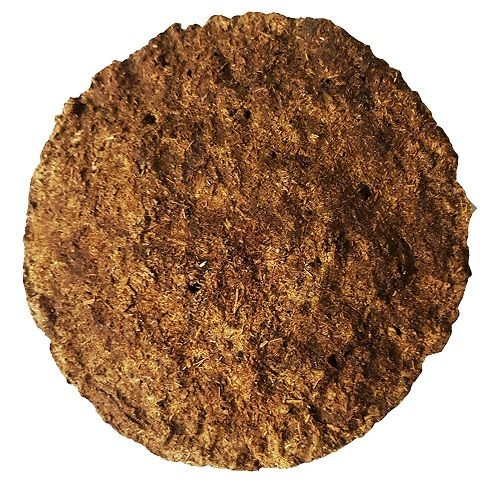




You need to Sign in to view this feature
This address will be removed from this list



